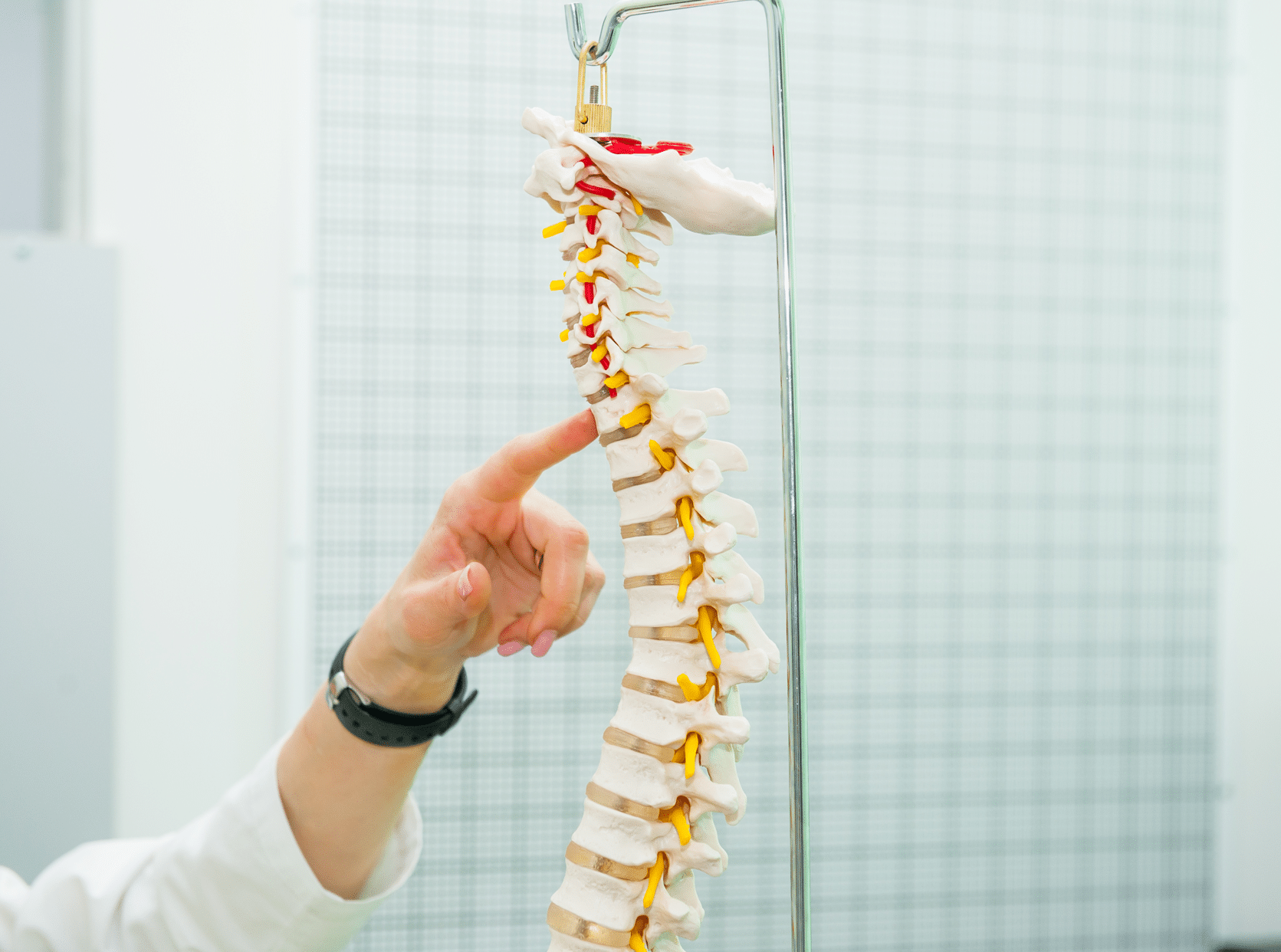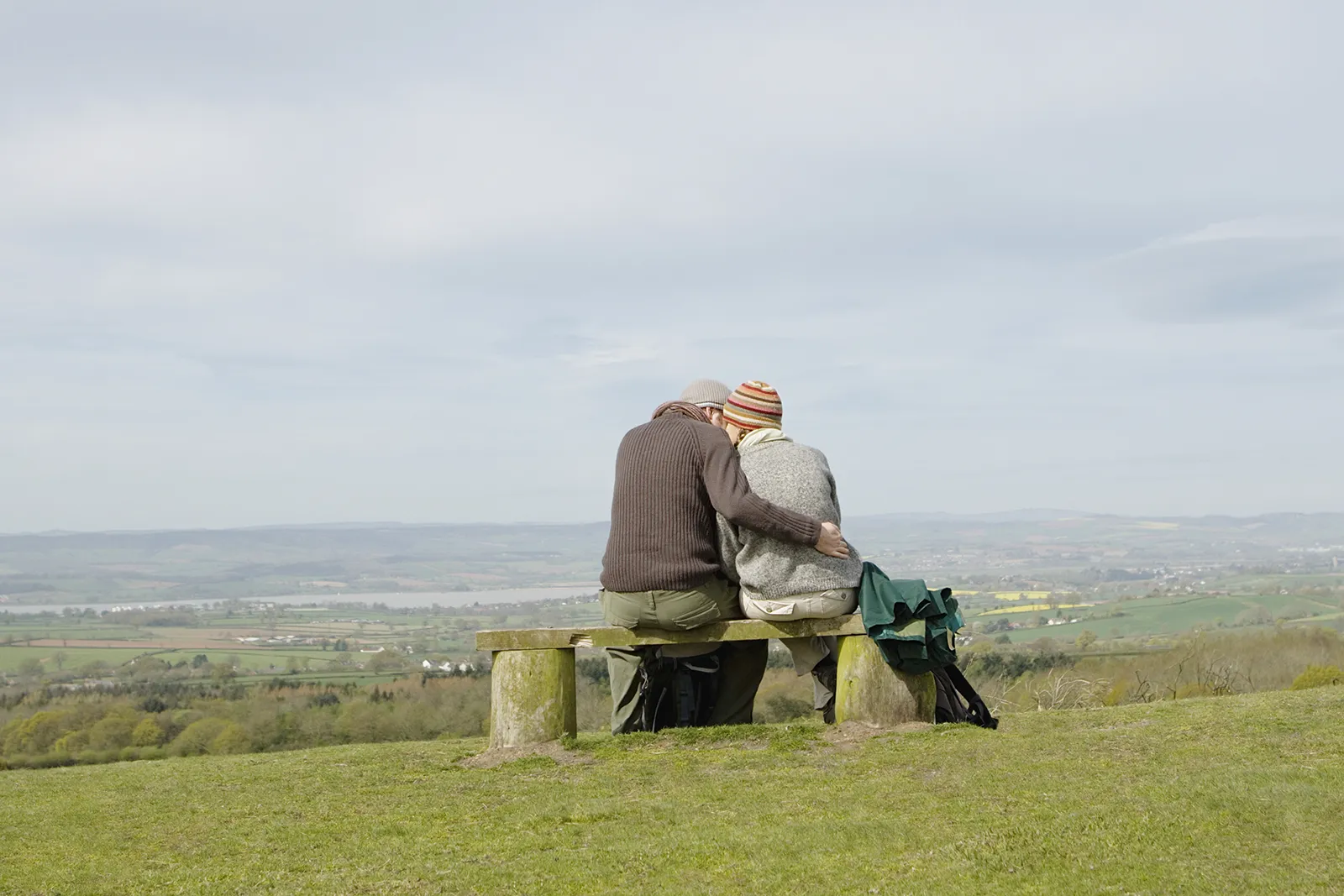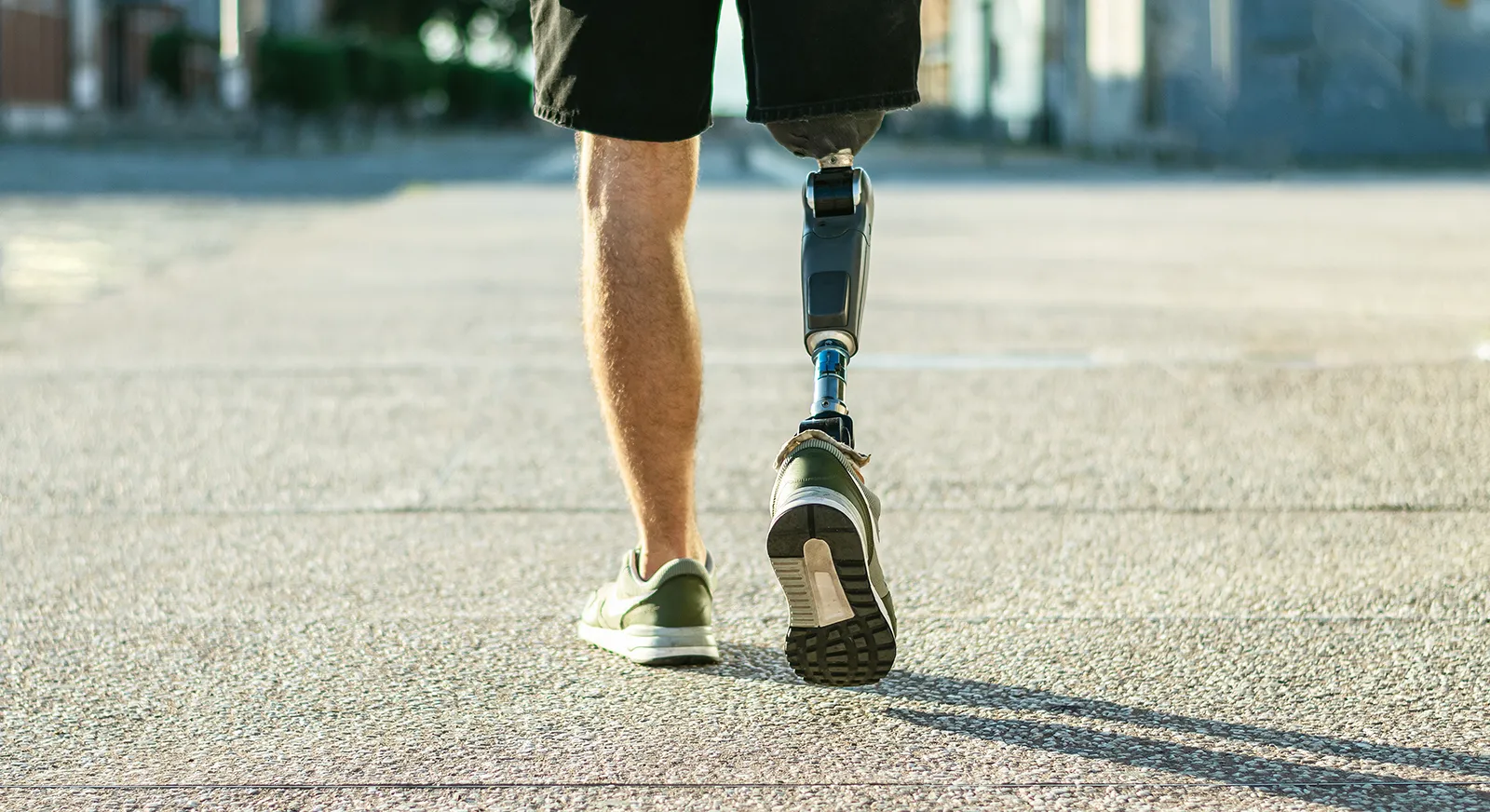*This article is one of our most popular personal injury guides and it was updated in January 2023*
Unless you’re a specialist personal injury solicitor, making a personal injury claim is not something you do every day. So, if you are unfortunate enough to be injured in an accident, making a claim for your injury can feel like wading out into the deeply unfamiliar.
With this in mind, I’ve put together a list of the 14 most common mistakes I see people make following a personal injury. This is not to sneer or poke fun at these errors – it’s perfectly natural to make mistakes when doing something we’ve never done before – instead this list is intended to help you identify often-encountered pitfalls so that you don’t fall foul of them yourself.
If you would prefer to have this list gently wafted into your ears in audio form, you can find our podcast on the 14 common mistakes personal injury clients make here.
Mistake 1: Believing you can deal direct without a lawyer
Often, insurance companies will try and settle a claim directly with you, and tell you that lawyers only complicate things – that you will get a better settlement without all those legal fees. This is nonsense. I have spent my professional career bringing claims against insurers. Many insurers put up a pretty good fight against us, so how well, really, will a non-lawyer do against them?
I remember once that I dealt with a very smart client who nearly accepted what she thought was an excellent offer from the insurer, but she smelled a rat. After obtaining medical evidence from a consultant, at no cost to our client, the case settled for 3.5 times what the insurers had offered! Thank goodness that she had a keen sense of smell.
Unfortunately, recent reforms to whiplash injury claims have meant that, for some kinds of road traffic accident, you may be forced to deal with the insurers directly – without the help of a lawyer. I’ve made no secret of how ridiculous I think these whiplash reforms are, but, unfortunately, this is the current legal reality. My advice in these situations is to find out as much as you possibly can about the claims process and your legal rights – to effectively become your own lawyer – so that the insurers cannot ‘bully’ you out of your claim. A good place to start is Truth Legal’s guide and FAQ to the whiplash reforms.
Mistake 2: Claiming with a law firm which is wrong for you
Many people injured in a car accident will use the law firm allocated to them by their insurance company, without questioning whether that law firm is any good. When you think about it, this is utter madness! Shop around, use the internet, ask yourself a few questions:
- Is this law firm near you?
- Can you meet your solicitor or legal executive?
- Do you trust them?
Not just that, ask the person handling your case some questions too:
- Are they a qualified solicitor or legal executive?
- How many clients do they have at any one time? I know of a firm where the paralegals (case handlers who are not even qualified) have up to 500 road traffic accident clients at the same time!
- Where does the profit from your claim go?
- What free legal advice do they offer?
Get empowered. It’s your case – so choose your own lawyer. Many clients feel that they cannot change law firms but it is easy to do so.
Mistake 3: Assuming all lawyers are equally skilled and experienced
This follows on from the mistake above. Speaking as a lawyer: we are not all equally skilled and experienced! I wouldn’t dream of advising on a house purchase, but I can count on one hand the number of times a client has asked me whether I have dealt with a claim like theirs before. Make sure your lawyer knows his or her stuff. Personal injury claims are hugely important, so don’t trust a novice with your case.
Mistake 4: Thinking that a question might be stupid so not asking it
Some adverts suggest that making a personal injury claim is easy-peasy, so you might feel you can’t ask a question because your lawyer will think you are thick! Do not think like this. This is your claim and you have a right to know what is going on. It isn’t your day job to understand this area of law. Ask, ask, ask. I bet your lawyer couldn’t do your job. Personal injury law is really complicated. Frequently my team of brilliant lawyers will disagree on a point – which proves that there aren’t always black and white answers to questions. So feel free to ask your lawyer.
Mistake 5: Assuming a compensation claim will be easy
As mentioned above, many adverts give the impression that claims are easy. But this is never something that I would tell my clients, because it is rarely the case. Sure, some claims, particularly road traffic accidents, can be fairly straightforward, but most claims have their complexity. And I never think that bringing an employment claim against your employer is easy.
Claims are something that you need to think about carefully. You never know whether you will need to go to court to give evidence, as a lawyer cannot know how the other side will approach your claim. You should always discuss the advantages and potential disadvantages of bringing a claim with your lawyer to make sure you are clear on what could happen.
Mistake 6: Failing to keep key evidence
OK, so you have had an accident, the first thing you should do after you have looked after yourself is to gather evidence. See the accident site as a murder scene. Preserve evidence to help you prove what happened and how. If you have a mobile phone with a camera, take numerous photos and videos. Write everything down. Speak to every witness who is there because witnesses are often reluctant to help you out a few months later. What are (or were) the conditions like at the scene?
If you have had a car accident, take photos of the positions of the car, if you can. Get paperwork. Be forensic because, as a claimant, you have to prove that someone else’s negligence caused your accident. You may not choose to bring a claim, but if you haven’t gathered evidence, then any claim you may decide to bring later will be much harder to support.
Mistake 7: Worrying about court and mixing up ‘civil law’ and ‘criminal law’
I’ve mentioned these things together because worries about attending court often arise when people think it will be like a criminal trial.
There are two main strands to the law in England and Wales: criminal law and civil law. Personal injury claims and clinical negligence claims (alongside many other kinds of legal action) are matters of civil law. As such, personal injury claims are completely separate from criminal law, and use different courts and procedures from criminal trials.
If a personal injury claim goes to a court hearing, it will be in front of a judge rather than a judge and jury. It’s nowhere near as scary. Also, it is actually quite rare for personal injury claims to go to a court hearing. I estimate that only 1% of claims go to trial – and these are usually the enormous claims or ones where the insurers sense that the claimant hasn’t been entirely truthful.
Mistake 8: Assuming that your lawyer always has your case at the forefront of their mind
If only this was true – or possible! A personal injury lawyer may have over 200 clients at any one time, depending upon how complex the claims are and how much help they have. At high-volume ‘factory-style’ law firms, the number of claims a case-handler has will often be much higher. My recommendation is that a client should frequently engage with their lawyer, nudging them if the lawyer appears to have forgotten them. Incidentally, if you become aware that your case handler has a ridiculously high number of claims to deal with, you should look into switching to another firm of solicitors.
Mistake 9: Settling your claim without obtaining medical evidence
Sometimes, insurers will respond to a claim by offering a sum of compensation immediately – even before they have seen any medical evidence on your injuries. These are known as ‘pre-medical offers’. Their hope in doing so is that you will accept their offer, settling the claim quickly, and potentially saving them from paying you more after you have investigated your injuries.
A lawyer will find it nearly impossible to value your claim without medical evidence, unless you have made a full recovery in a matter of weeks. Occasionally it might be worth accepting such a pre-medical offer, but I would approach them with a healthy dose of scepticism. There is often a real risk of settling your claim for much less than your injuries are ‘worth’.
Pre-medical offers have now been banned in many road traffic accident cases which involve whiplash injuries, and it is possible that this will be extended to other kinds of personal injury claim in future.
Mistake 10: Choosing to rely on a GP’s medical report only.
I have lost count of the number of times where the prognosis of a GP expert witness has been wrong. What does GP stand for? General Practitioner. I have had clients with injuries which I know the GP has misdiagnosed, and I have said to my clients that they should demand of their GP that they are referred to a consultant. Opt for a consultant if you can. You can read more about medical experts in personal injury claims here.
Mistake 11: Settling your claim too soon
I hate it when this happens. My best advice is, if you can, only settle your case when you have made a full physical and psychological recovery from your injuries. Of course, some injuries are permanent, but if this is the case, make sure that the medical evidence is final – i.e. it states exactly the extent of your injuries which have been caused by the accident.
Why is early settlement a problem? Well, say for example, that a medical expert believes you are likely to make a full recovery in one year, and you settle your claim before that year is up. You are still injured, and your injuries might continue beyond the expert’s prediction. If you continue to suffer beyond that one year, then the chances are you have settled your injury claim for less than it is worth because the compensation award will have been valued based upon the medical expert’s one-year prediction. Once settled, you cannot go back for more, except in rare circumstances. It is for reasons like this that the question, ‘How long does a personal injury claim take?’ is so difficult to answer.
If you have under-settled a claim due to bad advice from your lawyer, you may be able to bring a No Win, No Fee professional negligence claim against them to recoup your losses.
Mistake 12: Failing to keep records of financial losses
This is the bugbear of every personal injury lawyer in the country! As noted above, evidence is crucial to a personal injury claim. But evidence is needed for more than just showing how an accident happened; you must also be able to prove the losses for which you are claiming compensation.
Every time you incur a cost because of your accident – or even every time a friend or relative incurs such a cost – write it down. Keep any receipts, record them on your phone, or send them to your lawyer.
You should view making a personal injury claim as if you are making any type of insurance claim. Imagine – heaven forbid – that your house is broken into and your wedding ring is stolen. When making a claim on your insurance, your insurer will want to see proof of purchase or ownership, and who can blame them? Even with small costs – such as parking at a hospital, physiotherapy appointments, and additional takeaways (because you cannot cook due to your injuries) – the sums all add-up and are potentially claimable. Your lawyer should advise you on what can be claimed and what cannot.
For more detail on the kinds of losses which can be included in a claim, download our free ebook: The Ultimate Personal Injury Compensation Guide. Alternatively, our free Legal Library contains an example ‘Schedule of Loss’, showing how losses, besides your injuries, are documented in a claim.
Mistake 13: Failing to inform the medical expert of all symptoms.
This mistake can have very serious consequences for your claim and for the compensation you ultimately receive. If your lawyer sends you to a medical expert, and you don’t tell the doctor about all of your symptoms, it is very unlikely you be able to change the resulting report at a later stage.
Medical reports are crucial in personal injury claims. They document your injuries and your prospects of recovering from them. And you cannot rely upon the doctor to ask exactly the right questions and extract all information about your injuries. You have to make sure that, if the doctor doesn’t ask you about something which you think is important, you volunteer the information yourself – because if your injuries are not mentioned in a medical report, it’s unlikely that you will be compensated for them.
It is worth bearing in mind that your appointment with the medical expert can be useful in other ways. You could view the medical expert as a second opinion on your injuries. It’s a wonderful opportunity to find out what an expert thinks about your injuries, for free, usually!
Mistake 14: Not telling your lawyer about the mental/psychological side of an injury.
Are you drinking more? Having nightmares? Sweats? Just hoping that it will go away? What would your partner say about you since the accident? Are you shouting more? Or more reserved? More forgetful?
The psychological element of an injury can often be the worst bit – and it’s nothing to be embarrassed about. In recent years, there has been much greater recognition of the importance of mental health, particularly as a result of the pandemic.
Personally, I would rather have an ‘average’ physical injury than an ‘average’ psychological injury. Talk to your lawyer about any psychological symptoms you have experienced, and certainly mention them to the medical expert. Psychological injuries are just another kind of harm which accidents can cause and, as such, can and should be accounted for in your compensation award. But you have to tell the doctors and lawyers how you are feeling to make sure it is documented.
If you are experiencing particularly severe psychological effects following an accident, there are mental health charities which can help you, and many sources of information, such as Mental Health UK, which you can turn to for guidance. Always seek out support if your symptoms feel overwhelming, whether this is from professionals, loved ones, or both.
Finding out more
Hopefully this list has helped make you aware of some common and perfectly natural mistakes which personal injury clients can make. If you would like further information on specific types of personal injury claim, our legal guides can take you through everything you need to know about the kinds of claim we handle most frequently. Searching our site will also bring up a wealth of free resources and information on many different legal matters.
If you have been injured in the workplace, you might also like to read our blog on the 12 things you must do after an accident at work.
Or if you would like to discuss making a personal injury claim with experienced, specialist solicitors, contact Truth Legal for a chat about your case. We offer free personal injury consultations with no obligation to proceed further.
Further Reading
From one of the UK’s most read legal blogs.













